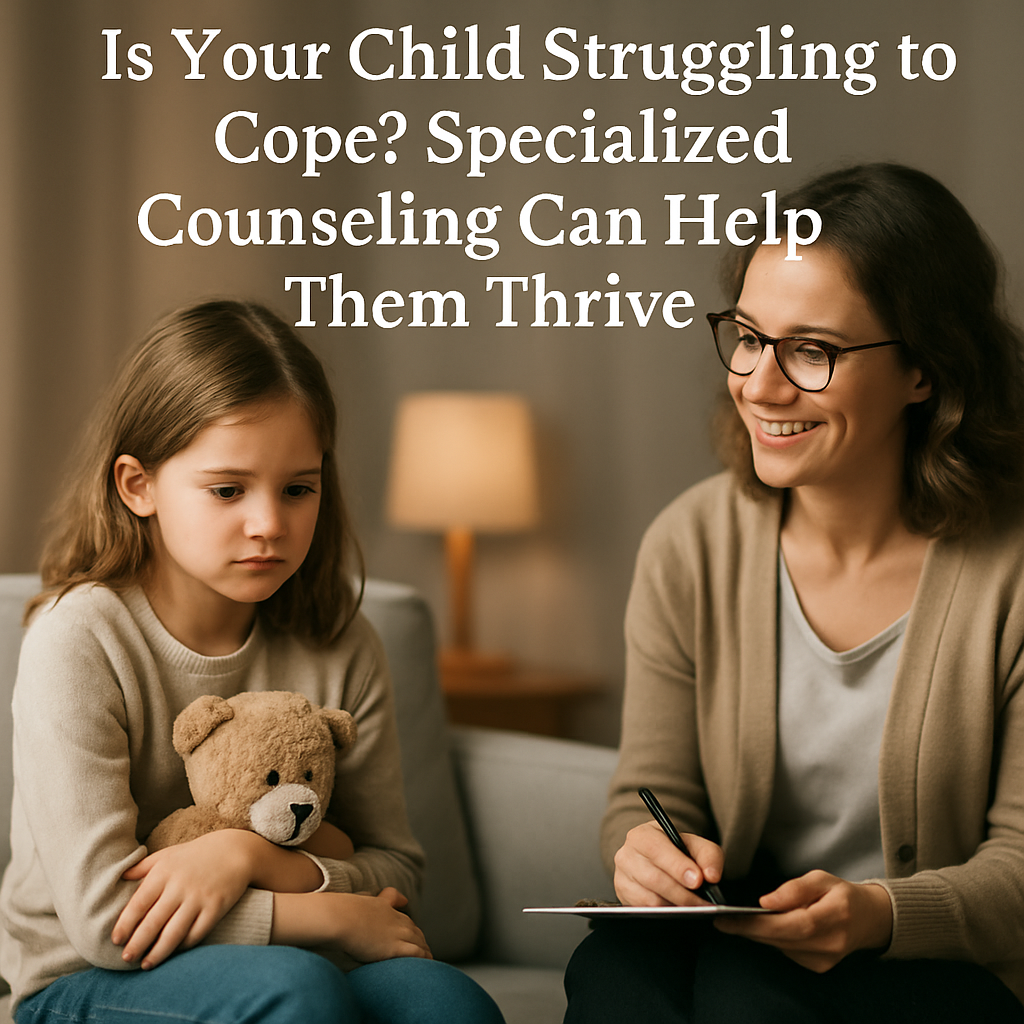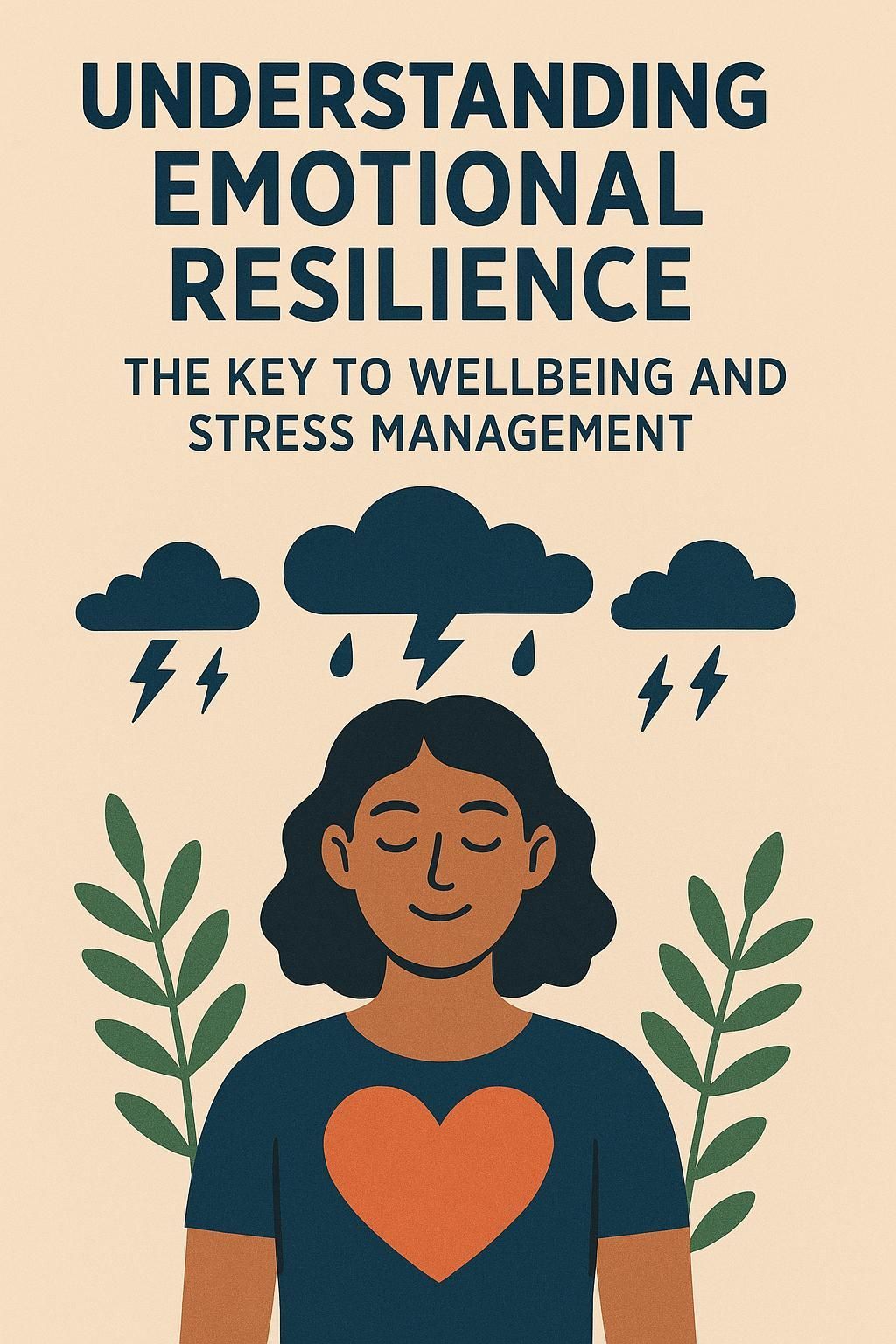
Creating a Supportive Environment for Children During Divorce Proceedings
Going through divorce proceedings can be challenging, especially when children are involved.
As parents, it's essential to create a supportive environment to help your children cope with the changes and to reassure them that you both still love them, no matter what.
This blog post will share practical tips and strategies to ensure your children feel loved and secure during this difficult time.
Understanding the Impact of Divorce on Children
Divorce can have a significant impact on children, affecting their emotional and psychological well-being.
Research from 2019 shows that children of separated parents are over-represented in the mental health system.
The stress and emotional turmoil that accompany divorce can lead to various mental health issues in children, such as anxiety, depression, and behavioral problems.
It’s important to understand how these changes might influence their behavior and feelings. Children may experience various emotions, including sadness, confusion, and anger. They might struggle with feelings of abandonment or guilt, thinking they are to blame for the separation.
Additionally, they might have difficulty adjusting to new living arrangements, routine changes, and one parent's absence.
10 Strategies for Co-Parenting Effectively During Divorce Proceedings
You and your ex-spouse can cater to your child’s emotional well-being during legal custody proceedings by doing the following:
1. Maintain Open Communication. Keep lines of communication open with your co-parent. Discuss your children's needs and any changes in their routines or behaviors. Clear, respectful communication can minimize misunderstandings and conflicts.
2. Prioritize Your Children's Well-Being. Make decisions prioritizing your children's emotional and physical well-being. Put aside personal differences and focus on what is best for your children.
3. Consistent Routines. Establish and maintain consistent routines in both households. Predictability can give your children a sense of security and stability during a change.
4. Unified Parenting Approach. Present a united front regarding parenting decisions and discipline. Consistency in rules and expectations across both homes helps children feel more secure.
5. Avoid Negative Talk. Refrain from speaking negatively about your ex-spouse in front of your children. Negative comments can create confusion and emotional distress for your children.
6. Share Important Information. Keep each other informed about significant events and changes in your children's lives, such as medical appointments, school activities, and social events.
7. Be Flexible and Cooperative. Flexibility and cooperation are key to effective co-parenting. Be willing to adjust schedules and make compromises to accommodate each other's needs and the best interests of your children.
8. Respect Boundaries. Respect each other's boundaries and privacy. Avoid involving your children in adult issues or using them as messengers between you and your ex-spouse.
9. Focus on Quality Time. By focusing on quality time, you help your children feel valued and secure, fostering a positive and supportive environment during and after the divorce proceedings.
10. Seek Professional Support. If co-parenting challenges arise, consider involving a family therapist. Professional support can provide strategies and mediation to resolve conflicts and improve communication.
Family Therapy for Children in Divorce Proceedings Available in Dallas, TX
The specialists at Beckloff Behavioral Health Center in Dallas understand how challenging legal custody battles can be for children and are committed to providing the help they need.
We offer child counseling services to support your child’s emotional well-being during this difficult time.
We also provide group therapy where your children can connect with others going through similar experiences, ensuring they don't feel alone.
Book an appointment today.



